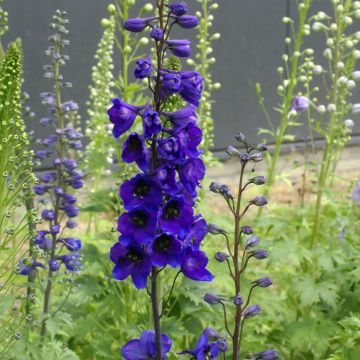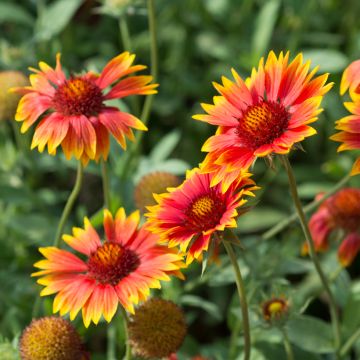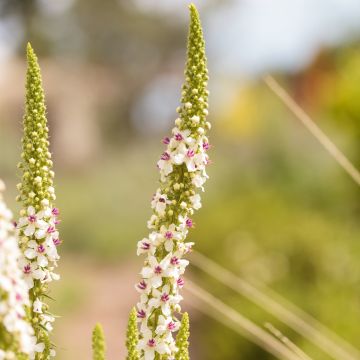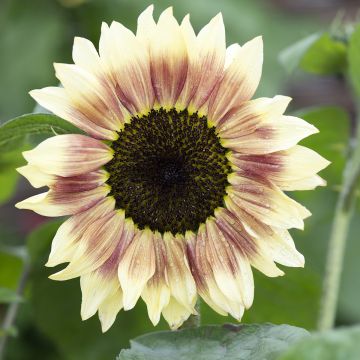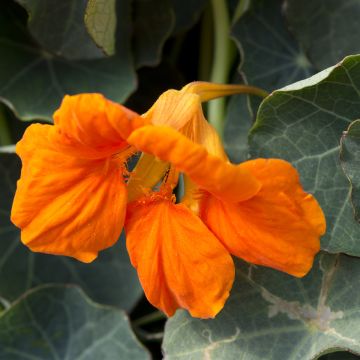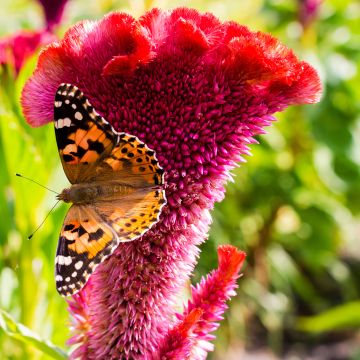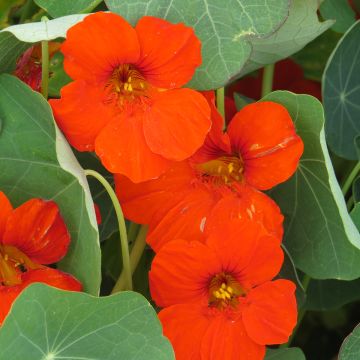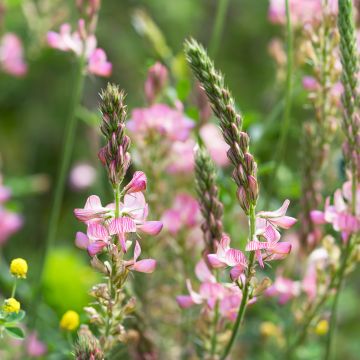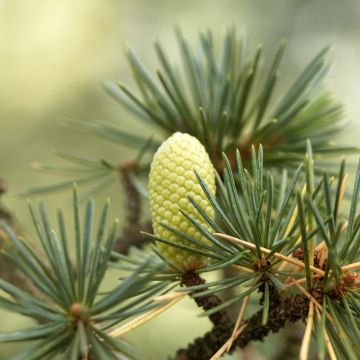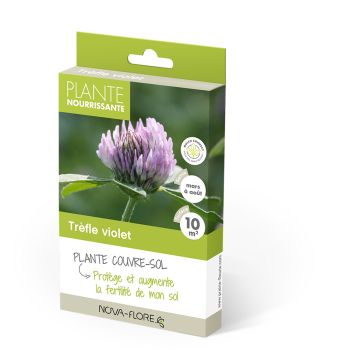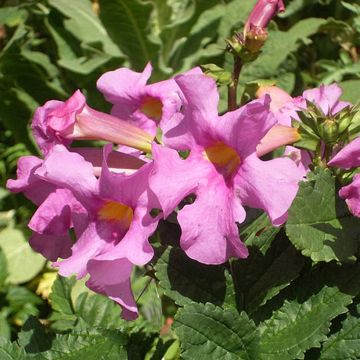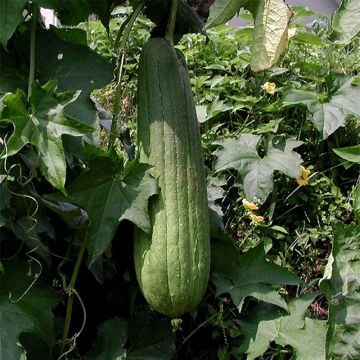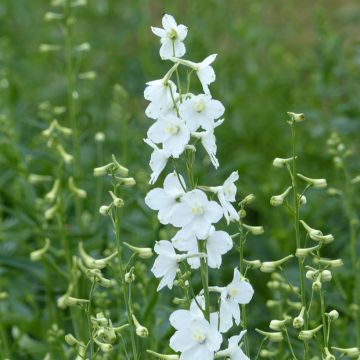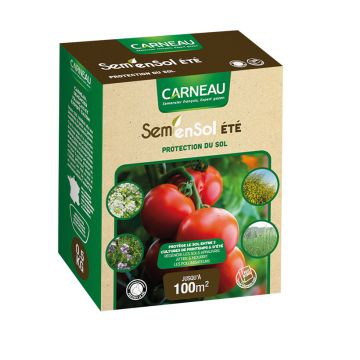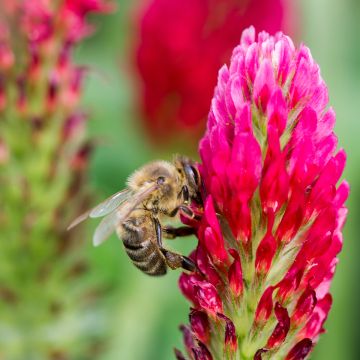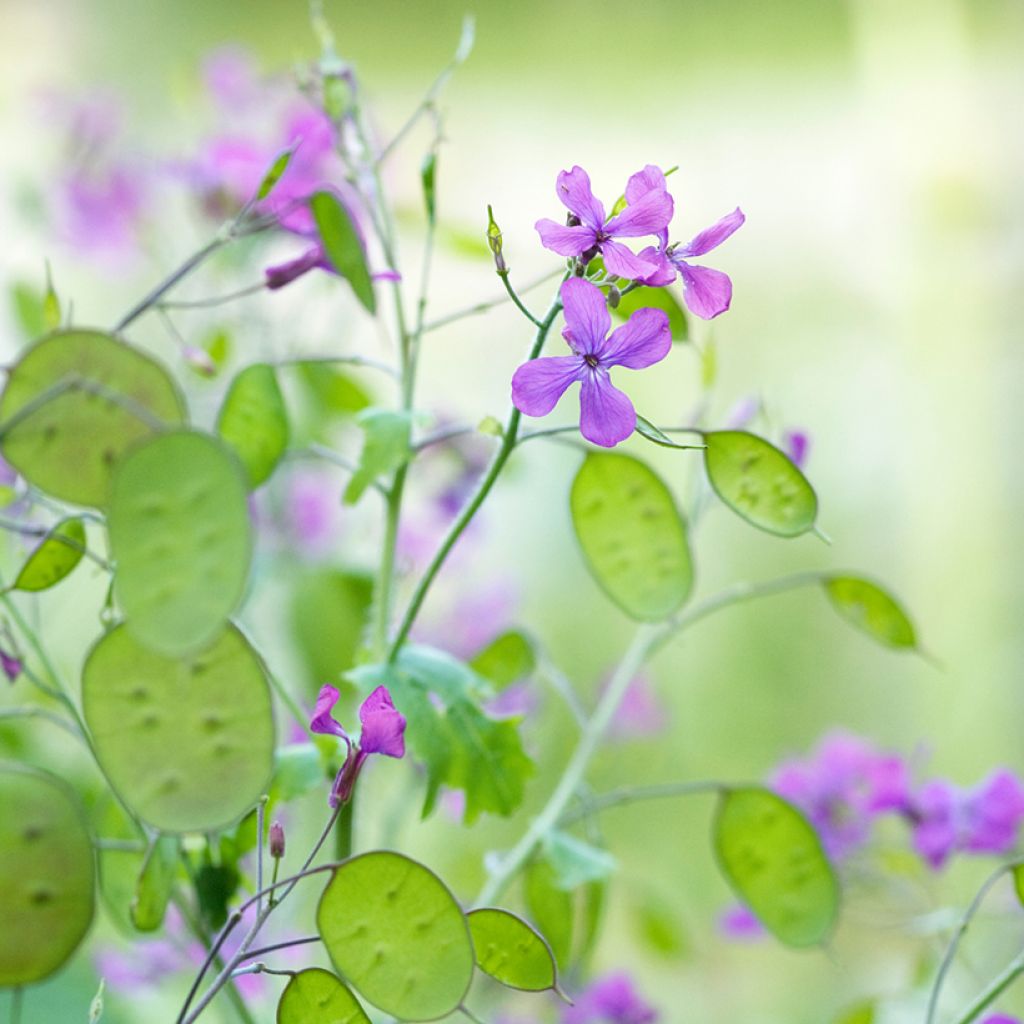

Lunaria annua - Annual Honesty seeds
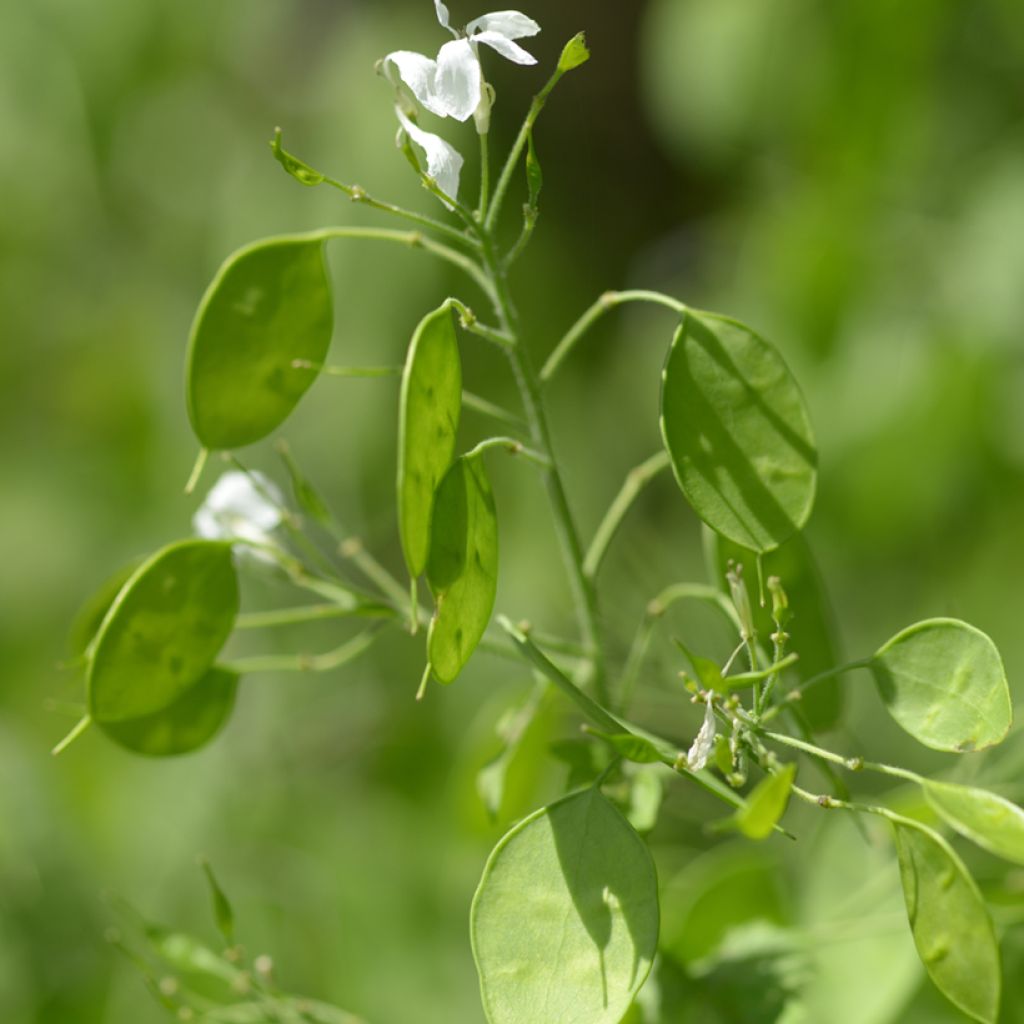

Lunaria annua - Annual Honesty seeds
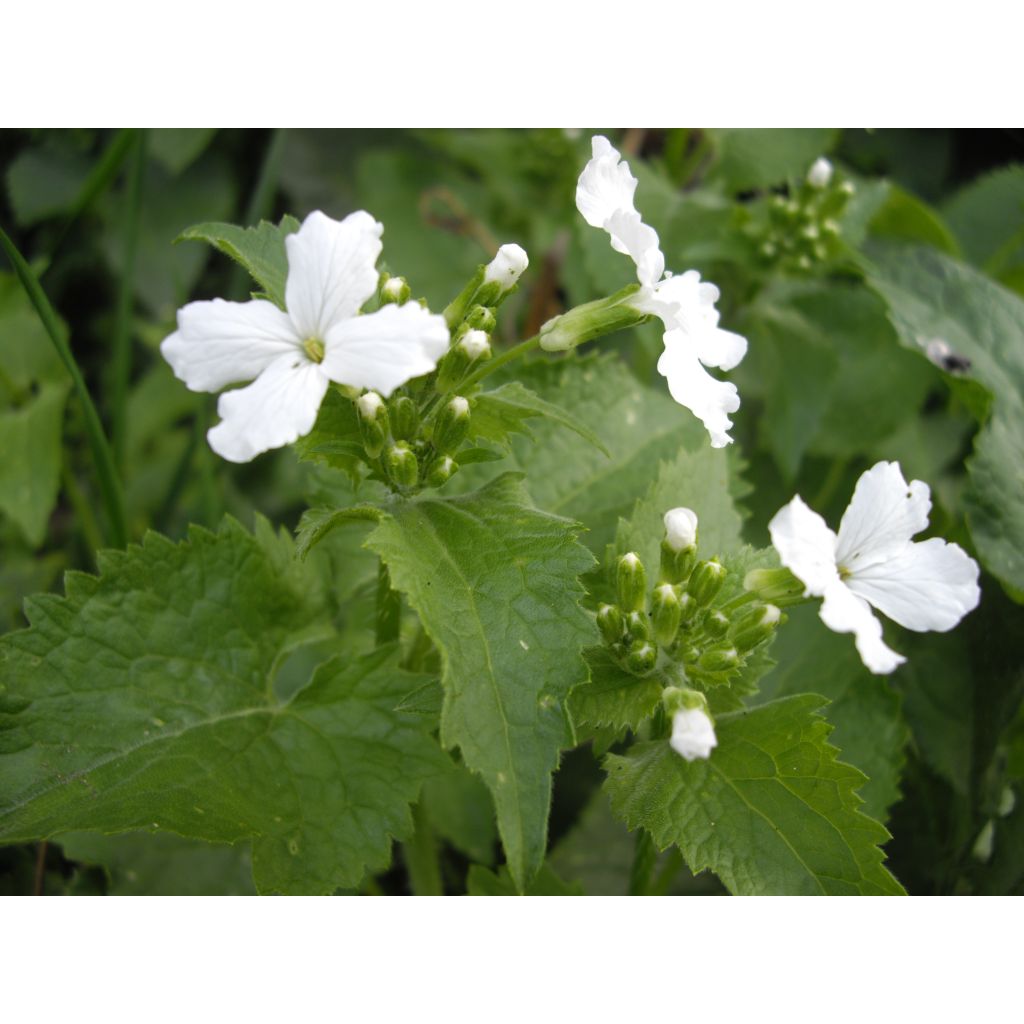

Lunaria annua - Annual Honesty seeds
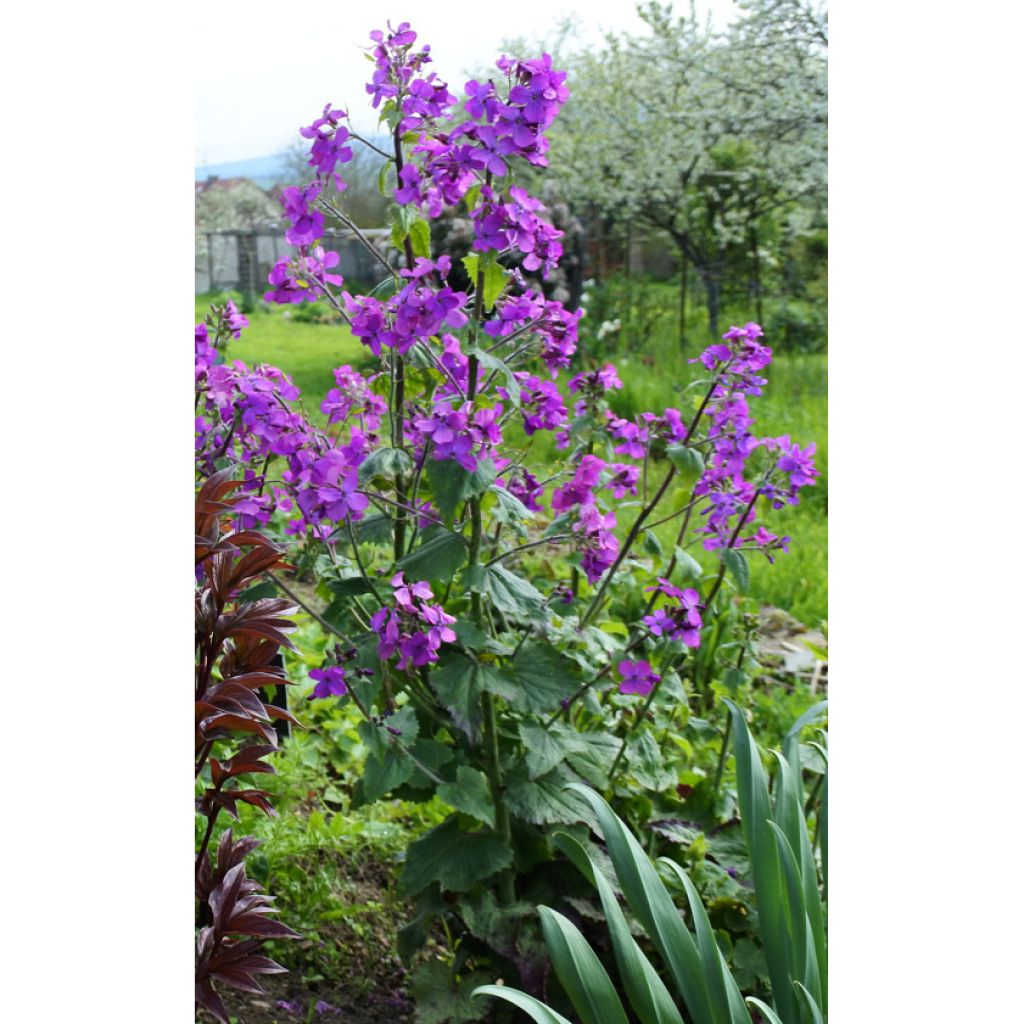

Lunaria annua - Annual Honesty seeds
Lunaria annua - Annual Honesty seeds
Lunaria annua
Honesty, Money Plant, Silver Dollar, Annual Honesty
Planted, but we'll see next year.
Céline B., 21/08/2018
Special offer!
Receive a €20 voucher for any order over €90 (excluding delivery costs, credit notes, and plastic-free options)!
1- Add your favorite plants to your cart.
2- Once you have reached €90, confirm your order (you can even choose the delivery date!).
3- As soon as your order is shipped, you will receive an email containing your voucher code, valid for 3 months (90 days).
Your voucher is unique and can only be used once, for any order with a minimum value of €20, excluding delivery costs.
Can be combined with other current offers, non-divisible and non-refundable.
Home or relay delivery (depending on size and destination)
Schedule delivery date,
and select date in basket
This plant carries a 6 months recovery warranty
More information
We guarantee the quality of our plants for a full growing cycle, and will replace at our expense any plant that fails to recover under normal climatic and planting conditions.

Would this plant suit my garden?
Set up your Plantfit profile →
Description
Honesty is essential for dried bouquets and was once planted or naturalised everywhere. Lunaria annua with pearly silver seed discs is also known as Money Plant. It is a sturdy biennial plant, whose fragrant, violet or white, flowers are quite impressive above robust tufts of vibrant green foliage in spring and early summer. This easy-to-grow plant will fit in sunny or semi-shaded flower beds, in ordinary soil.
Lunaria annua belongs to the brassicaceae family. It is a biennial herbaceous plant native to southern Europe and the Mediterranean coast, once found in all gardens and easily escaping into the countryside and along ditches. It grows from a taproot and forms an upright tuft with hairy stems, reaching 75 cm (30in) high and at least 30 cm (12in) wide with vibrant green, triangular, serrated, 10 to 15 cm (4 to 6in) long leaves. It flowers from March to May-June with clusters of small, 1 cm (0in) diameter, mostly violet, sometimes white flowers, whose fragrance is most noticeable at night. The flowers give way to curious seed heads called siliques. These are slightly elongated, flat discs, with a translucent silvery and pearly membrane with visible flattened seeds. The flowers are nectar-rich. It is a host plant for the Large and Small Cabbage White butterflies.
Who doesn't know honesty? it is irreplaceable in dried bouquets, but also charming in country-style flower beds and natural areas of the garden. Together with white lily-flowered tulips and yellow-horned violets, it will create charming and refined compositions. This plant tolerates partial shade well, making it suitable for the base of azaleas or magnolias.
Report an error about the product description
Flowering
Foliage
Plant habit
Botanical data
Lunaria
annua
Brassicaceae
Honesty, Money Plant, Silver Dollar, Annual Honesty
Mediterranean
Other Flower seeds A to Z
View all →Planting and care
Sow honesty seeds outdoors where they are to flower in March-April. Choose a sunny location with well-drained soil, properly prepared and loosened. Sow the seeds finely, to a depth of 3mm (0in), with a spacing of 30 cm (12in). Water regularly, especially during dry periods. Germination usually takes 14 to 21 days. When the plants are large enough to handle, transplant them 30 cm (12in) apart from each other. You can also sow directly outdoors from August to September for flowering in early spring the following year. In the first year, it will only produce a rosette of leaves at ground level. Remove faded flowers if you want to avoid self-seeding. If you want to make dried bouquets, hang the stems upside down to let them dry. Then remove all the dry leaves, and rub the seed heads between your thumb and index finger to reveal the translucent and pearly, decorative membranes.
Sowing period
Intended location
-
, onOrder confirmed
Reply from on Promesse de fleurs
Similar products
Haven't found what you were looking for?
Hardiness is the lowest winter temperature a plant can endure without suffering serious damage or even dying. However, hardiness is affected by location (a sheltered area, such as a patio), protection (winter cover) and soil type (hardiness is improved by well-drained soil).

Photo Sharing Terms & Conditions
In order to encourage gardeners to interact and share their experiences, Promesse de fleurs offers various media enabling content to be uploaded onto its Site - in particular via the ‘Photo sharing’ module.
The User agrees to refrain from:
- Posting any content that is illegal, prejudicial, insulting, racist, inciteful to hatred, revisionist, contrary to public decency, that infringes on privacy or on the privacy rights of third parties, in particular the publicity rights of persons and goods, intellectual property rights, or the right to privacy.
- Submitting content on behalf of a third party;
- Impersonate the identity of a third party and/or publish any personal information about a third party;
In general, the User undertakes to refrain from any unethical behaviour.
All Content (in particular text, comments, files, images, photos, videos, creative works, etc.), which may be subject to property or intellectual property rights, image or other private rights, shall remain the property of the User, subject to the limited rights granted by the terms of the licence granted by Promesse de fleurs as stated below. Users are at liberty to publish or not to publish such Content on the Site, notably via the ‘Photo Sharing’ facility, and accept that this Content shall be made public and freely accessible, notably on the Internet.
Users further acknowledge, undertake to have ,and guarantee that they hold all necessary rights and permissions to publish such material on the Site, in particular with regard to the legislation in force pertaining to any privacy, property, intellectual property, image, or contractual rights, or rights of any other nature. By publishing such Content on the Site, Users acknowledge accepting full liability as publishers of the Content within the meaning of the law, and grant Promesse de fleurs, free of charge, an inclusive, worldwide licence for the said Content for the entire duration of its publication, including all reproduction, representation, up/downloading, displaying, performing, transmission, and storage rights.
Users also grant permission for their name to be linked to the Content and accept that this link may not always be made available.
By engaging in posting material, Users consent to their Content becoming automatically accessible on the Internet, in particular on other sites and/or blogs and/or web pages of the Promesse de fleurs site, including in particular social pages and the Promesse de fleurs catalogue.
Users may secure the removal of entrusted content free of charge by issuing a simple request via our contact form.
The flowering period indicated on our website applies to countries and regions located in USDA zone 8 (France, the United Kingdom, Ireland, the Netherlands, etc.)
It will vary according to where you live:
- In zones 9 to 10 (Italy, Spain, Greece, etc.), flowering will occur about 2 to 4 weeks earlier.
- In zones 6 to 7 (Germany, Poland, Slovenia, and lower mountainous regions), flowering will be delayed by 2 to 3 weeks.
- In zone 5 (Central Europe, Scandinavia), blooming will be delayed by 3 to 5 weeks.
In temperate climates, pruning of spring-flowering shrubs (forsythia, spireas, etc.) should be done just after flowering.
Pruning of summer-flowering shrubs (Indian Lilac, Perovskia, etc.) can be done in winter or spring.
In cold regions as well as with frost-sensitive plants, avoid pruning too early when severe frosts may still occur.
The planting period indicated on our website applies to countries and regions located in USDA zone 8 (France, United Kingdom, Ireland, Netherlands).
It will vary according to where you live:
- In Mediterranean zones (Marseille, Madrid, Milan, etc.), autumn and winter are the best planting periods.
- In continental zones (Strasbourg, Munich, Vienna, etc.), delay planting by 2 to 3 weeks in spring and bring it forward by 2 to 4 weeks in autumn.
- In mountainous regions (the Alps, Pyrenees, Carpathians, etc.), it is best to plant in late spring (May-June) or late summer (August-September).
The harvesting period indicated on our website applies to countries and regions in USDA zone 8 (France, England, Ireland, the Netherlands).
In colder areas (Scandinavia, Poland, Austria...) fruit and vegetable harvests are likely to be delayed by 3-4 weeks.
In warmer areas (Italy, Spain, Greece, etc.), harvesting will probably take place earlier, depending on weather conditions.
The sowing periods indicated on our website apply to countries and regions within USDA Zone 8 (France, UK, Ireland, Netherlands).
In colder areas (Scandinavia, Poland, Austria...), delay any outdoor sowing by 3-4 weeks, or sow under glass.
In warmer climes (Italy, Spain, Greece, etc.), bring outdoor sowing forward by a few weeks.































